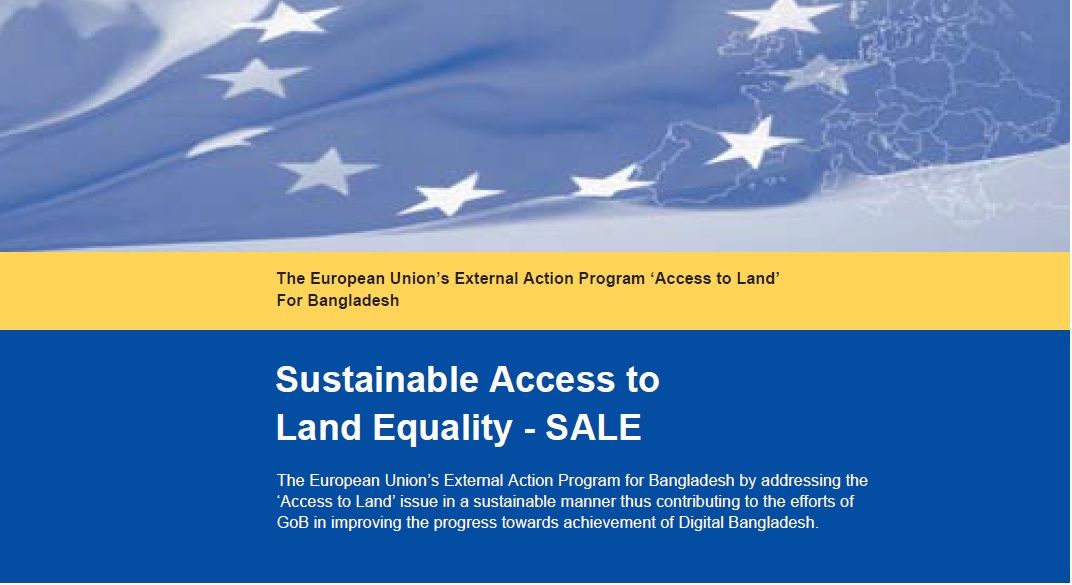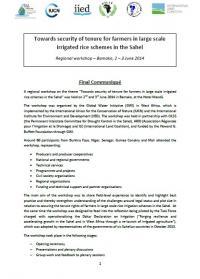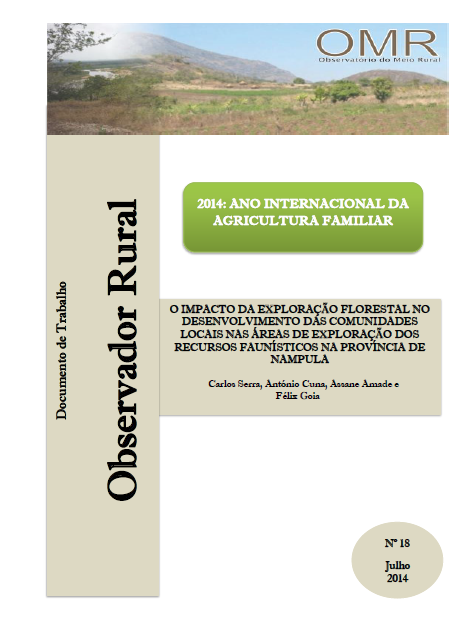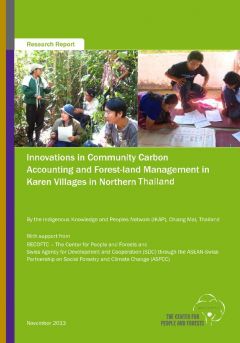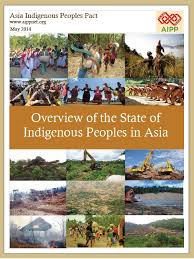Land reform and certification in Madagascar: does perception of tenure security matter and change?
The Malagasy land reform, ongoing since 2005, belongs to the new generation of land reforms. It promotes the legal recognition of existing landholders’ rights (through certification) and the decentralization of land management. Despite the change of paradigm underlying this new wave of reforms, premises and expectations remain unchanged: a) rights legalization is justified by large tenure insecurity and b) rights formalization is a prerequisite to reduce conflicts over land rights, improve access to credit, boost productive investments and stimulate land markets.



